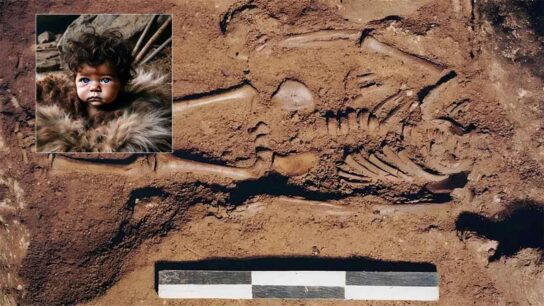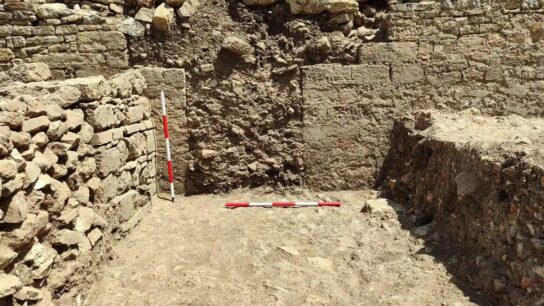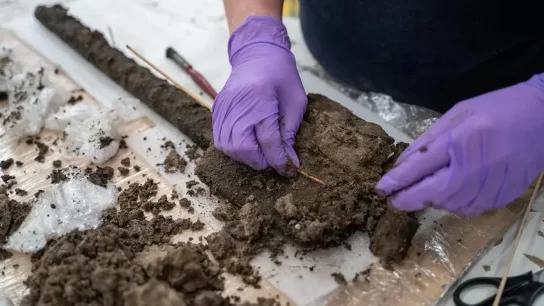2,000-year-old synagogue found in southern Russia
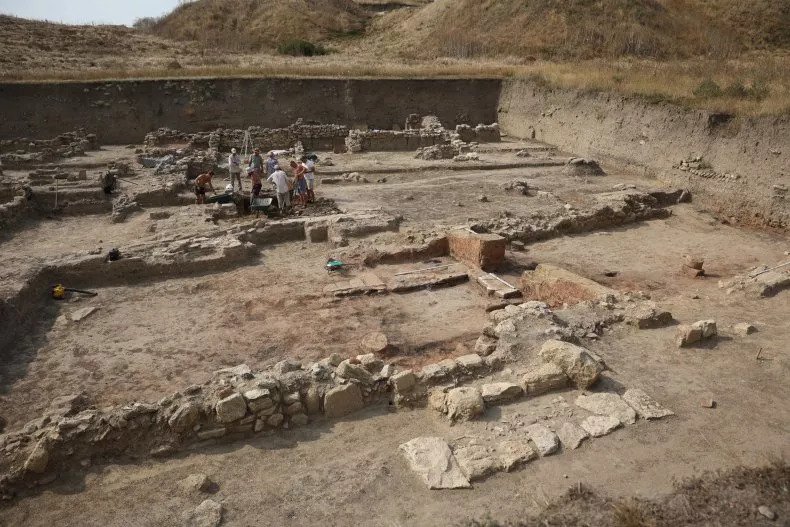
Archaeologists say they have discovered one of the world’s earliest synagogues at the site of an ancient city.
A team of experts made the find during excavations at the archaeological site of Phanagoria, which is on the Taman Peninsula in southwestern Russia.
The ancient settlement was founded by Greek settlers around the middle of the 6th century B.C. on the peninsula, which borders the Sea of Azov to the north and the Black Sea to the south.
The city, which contains a necropolis, flourished for more than 1,500 years. It was an important center in the region and served as one of the two capitals of an ancient Hellenic state known as the Bosporan Kingdom.
The remains of several structures, as well as numerous artifacts and treasures, were previously discovered at Phanagoria.
Now, a team of scientists led by the Institute of Archaeology of the Russian Academy of Sciences have uncovered one of the world’s most ancient synagogues at the site.
Archaeologists unearthed the foundational structure of the synagogue—a Jewish house of worship—as well as the outlines of walls.
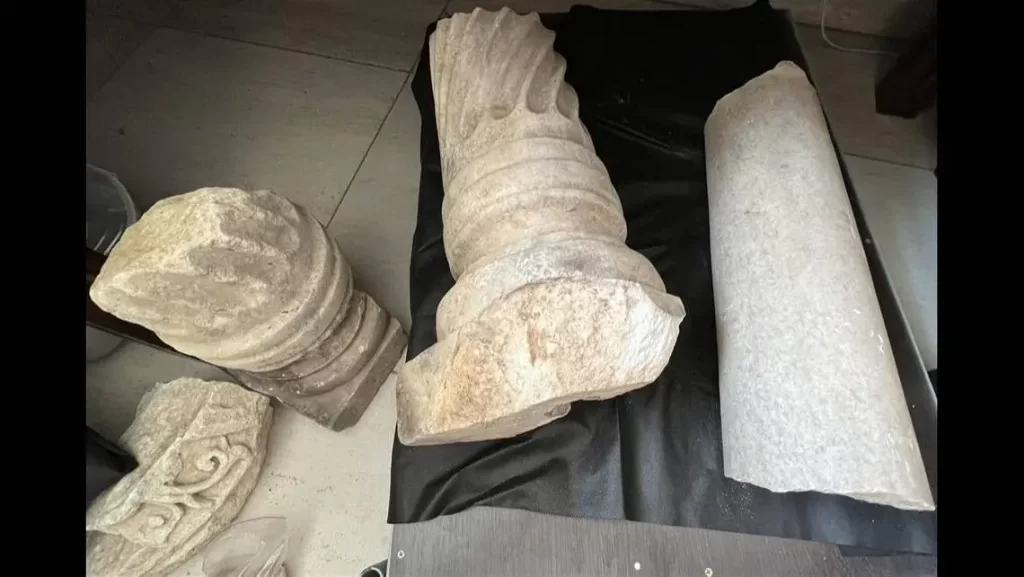
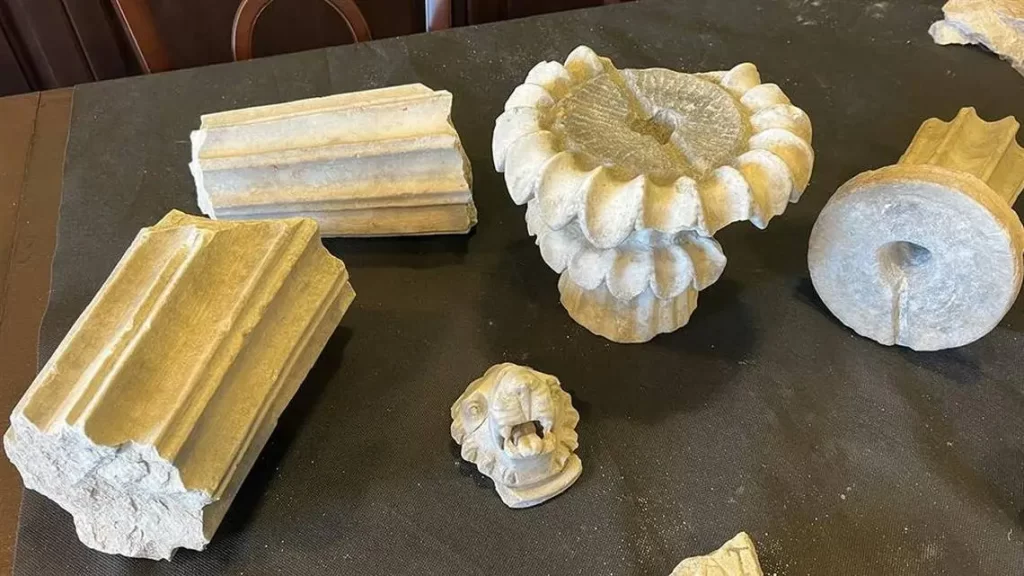
The synagogue is rectangular, measuring just under 70 feet by 20 feet, containing two chambers each about 650 square feet.
The walls were adorned with paintings and tiles, the archaeologists said. Inside, they found marble menorahs, liturgy tables, the remains of marble columns and fragments of marble stelae—upright stone slabs bearing inscriptions or illustrations.
One stela dated to the 5th century A.D. bears an inscription in Greek that reads “synagogue.”
This, along with earlier discoveries at Phanagoria, including marble tablets inscribed with “house of prayer” and “synagogue” dated to 16 A.D. and 51 A.D., respectively, indicates that the synagogue is one of the world’s oldest.
The researchers said the house of worship was likely in use from at least the early 1st century A.D.—about 2,000 years ago.
The earliest evidence of synagogues dates to the 3rd century B.C., although their construction appears to have experienced a notable increase toward the 3rd century A.D. As a result, the Phanagoria synagogue is one of the earliest examples globally that archaeologists have discovered.



An analysis of artifacts at the synagogue indicates that it stood for more than 500 years, meaning it existed until the middle of the 6th century when Phanagoria was pillaged and devastated by local barbarian tribes.
Previously uncovered evidence has indicated the presence of a robust Jewish community within the city by at least the 1st century A.D. Evidence includes depictions of menorahs on clay vessels and tombstones from that period.
Historical records from the medieval period also support the idea that Jewish people made up a significant proportion of the population of the city, which had a cosmopolitan character, according to contemporary historians.

